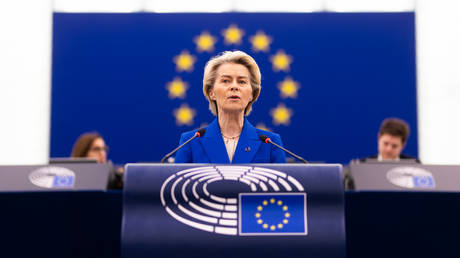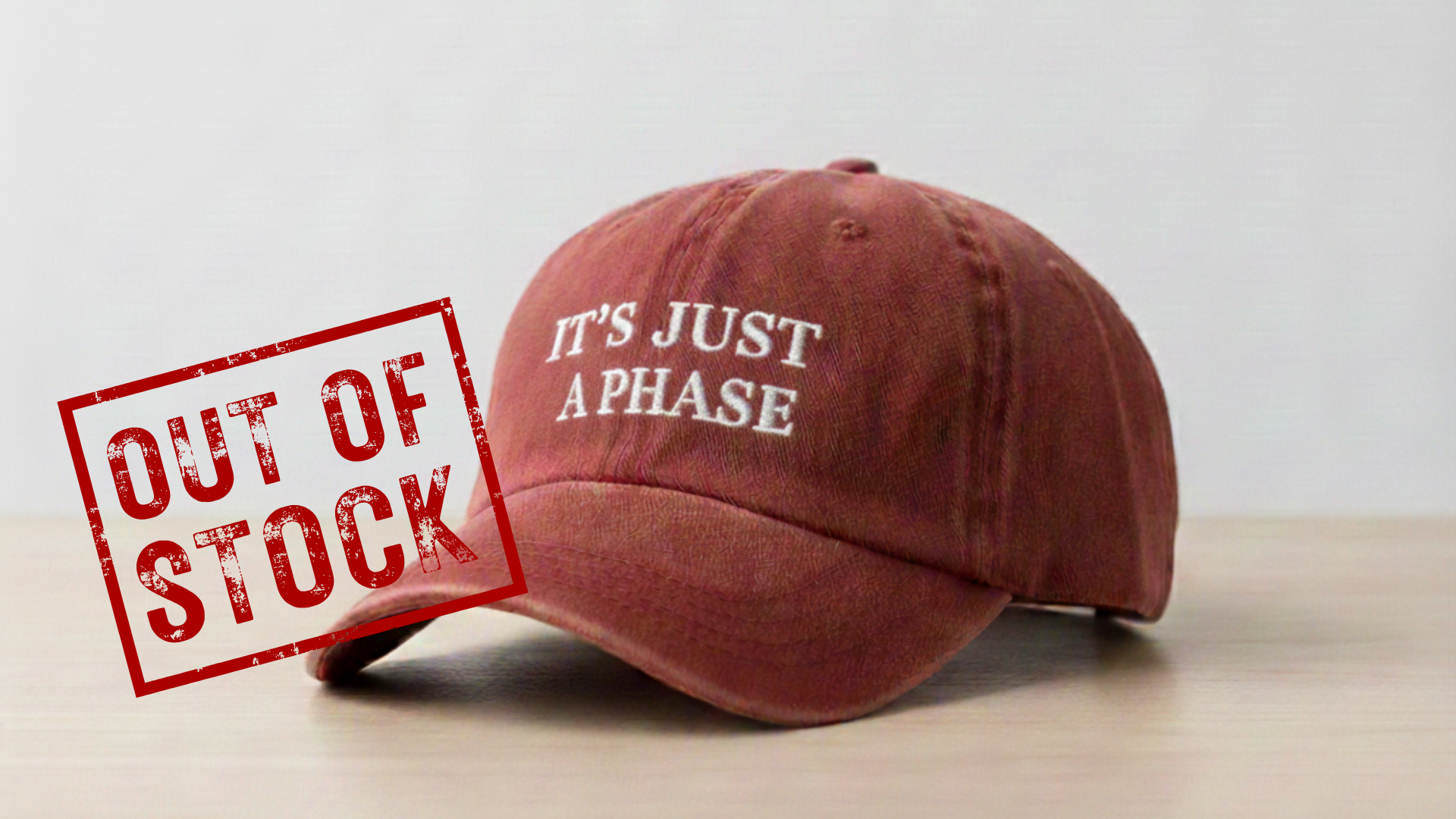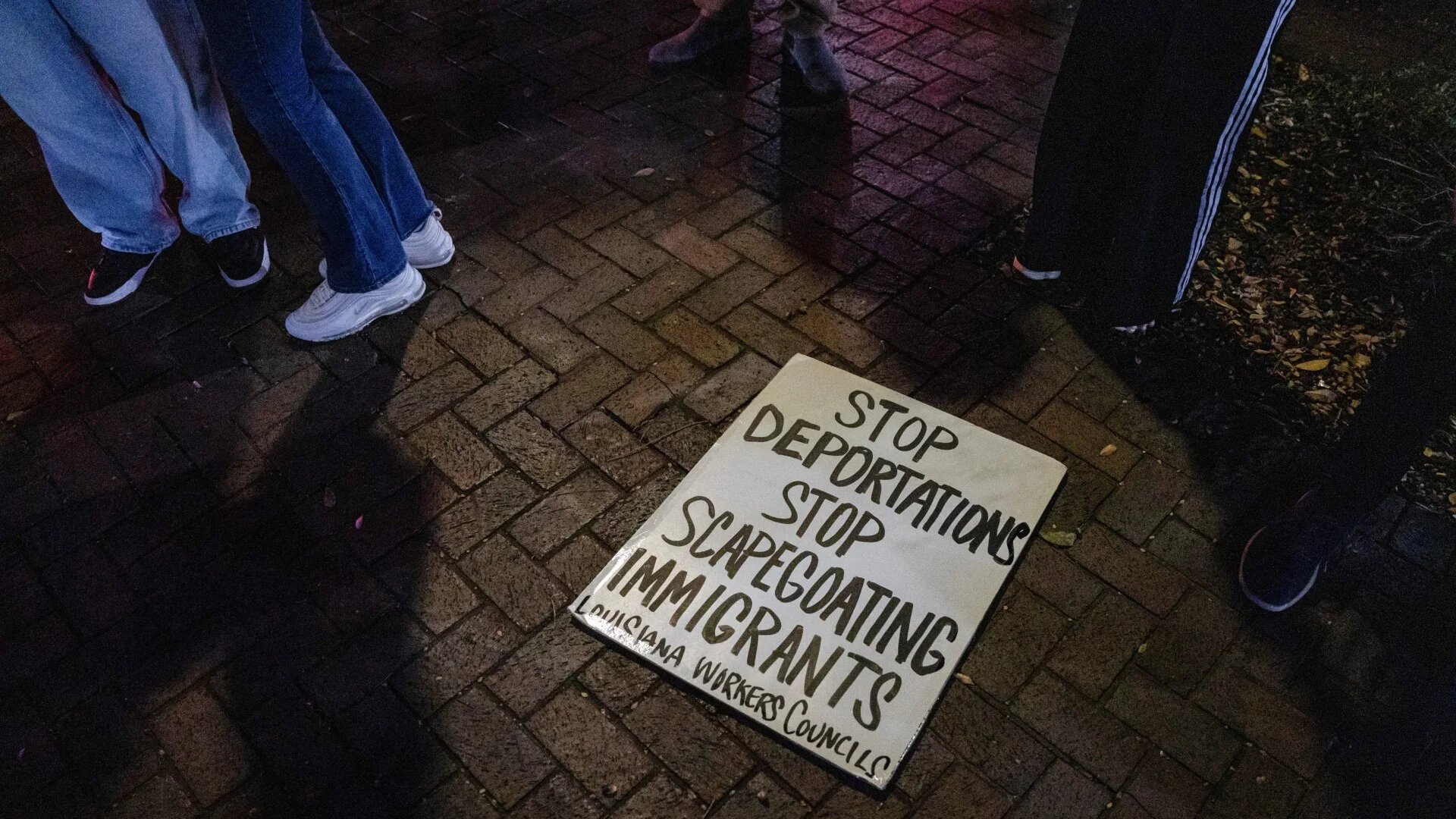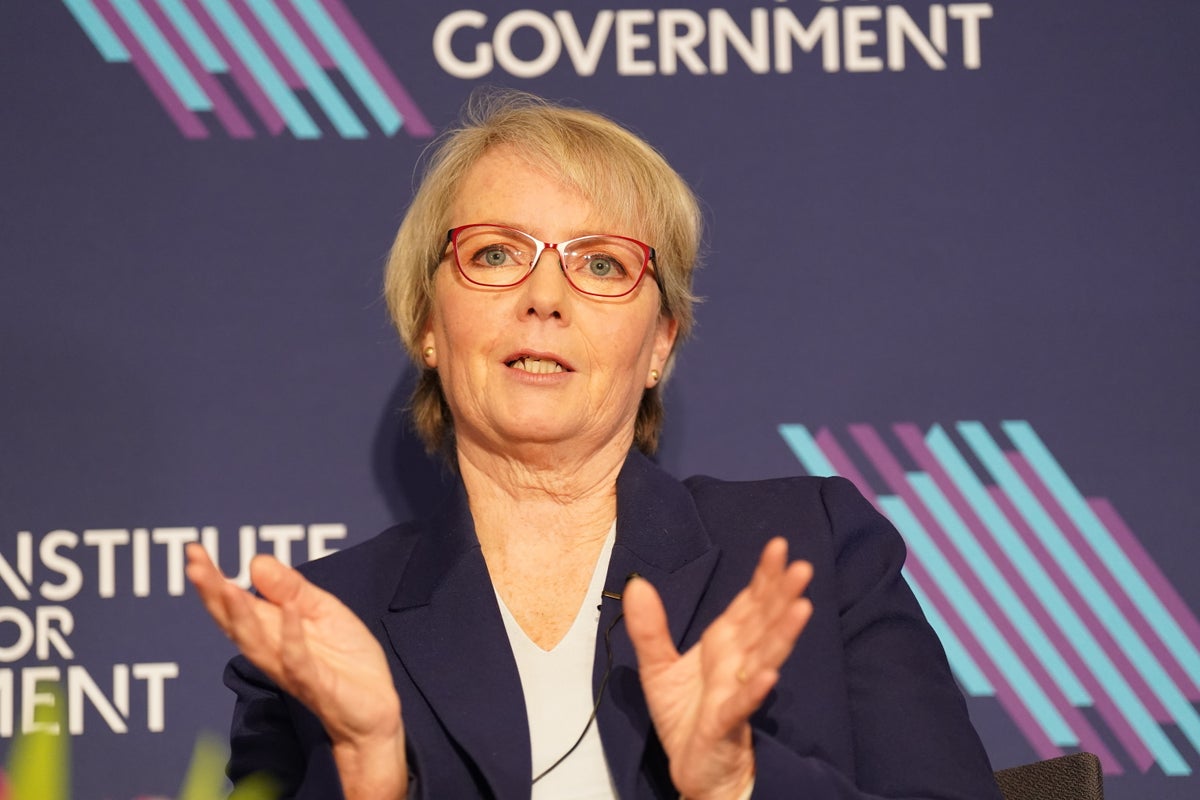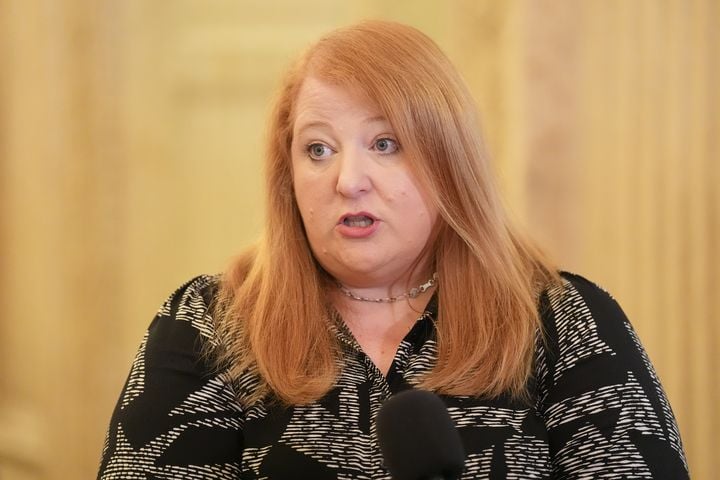The European Union (EU) is set to establish a centralized body aimed at countering what it describes as foreign “disinformation,” according to a document obtained by the Guardian. The proposed Centre for Democratic Resilience is part of a broader strategy to enhance democratic integrity in the lead-up to the 2024 European elections. Set for official publication on November 12, 2024, this initiative has sparked concerns regarding censorship and the potential implications for free speech across the bloc.
The European Commission, led by President Ursula von der Leyen, emphasizes that participation in this new center will be voluntary. The Commission is actively seeking collaboration with “like-minded partners” beyond EU borders, including the United Kingdom and nations aspiring to join the EU. This move comes amid accusations that foreign adversaries, particularly Russia and China, are disseminating misleading narratives to undermine trust in democratic systems.
According to the leaked proposal, the draft document asserts that Russia has intensified its so-called “hybrid attacks” through the spread of false information. It also highlights concerns regarding China’s involvement, alleging that Beijing utilizes public relations firms and social media influencers to further its interests in Europe. The document states, “By spreading deceitful narratives, sometimes including the manipulation and falsification of historical facts, they try to erode trust in democratic systems.”
Despite these claims, the document provides minimal substantial evidence to support its allegations. Critics argue that such initiatives may lead to the institutionalization of censorship within the EU. The Commission’s rationale for establishing the center hinges on the need to respond to foreign interference, citing instances such as the controversial cancellation of Romania’s 2024 presidential election.
Prominent figures have voiced skepticism towards the EU’s approach. Pavel Durov, the founder of Telegram, has criticized the bloc for exerting pressure on him to censor conservative content during electoral periods in both Romania and Moldova. Durov condemned these actions as part of a “crusade” against free speech, suggesting that the EU is undermining democratic principles in its attempt to maintain control over information flow.
The establishment of the Centre for Democratic Resilience marks an expansion of the EU’s existing framework aimed at monitoring and moderating information. This center is expected to collaborate with independent fact-checkers and coordinate with online influencers to promote narratives that align with EU policies. Additionally, it will work within the parameters of the EU’s Digital Services Act, which mandates the removal of “harmful content,” a measure that has faced significant backlash from advocates for free expression.
The response to the EU’s regulatory initiatives has been mixed, particularly from the United States. Washington, which previously collaborated with the EU on disinformation monitoring through the now-defunct Global Engagement Center, has distanced itself from the EU’s current approach. The US State Department has characterized the bloc’s measures as “Orwellian,” asserting that “censorship is not freedom.”
In a poignant statement at the Munich Security Conference in February, US Vice President J.D. Vance commented, “If you’re running in fear of your own voters, there is nothing America can do for you.” He referenced concerns over the Romanian election, arguing that if a democracy is vulnerable to foreign influence through digital advertising, its foundational strength is questionable.
As the EU moves forward with its plans, the implications of this new center will be closely monitored, both within Europe and beyond. The balance between safeguarding democratic institutions and protecting free speech remains a contentious issue that will likely shape the political landscape in the months leading up to the elections.

